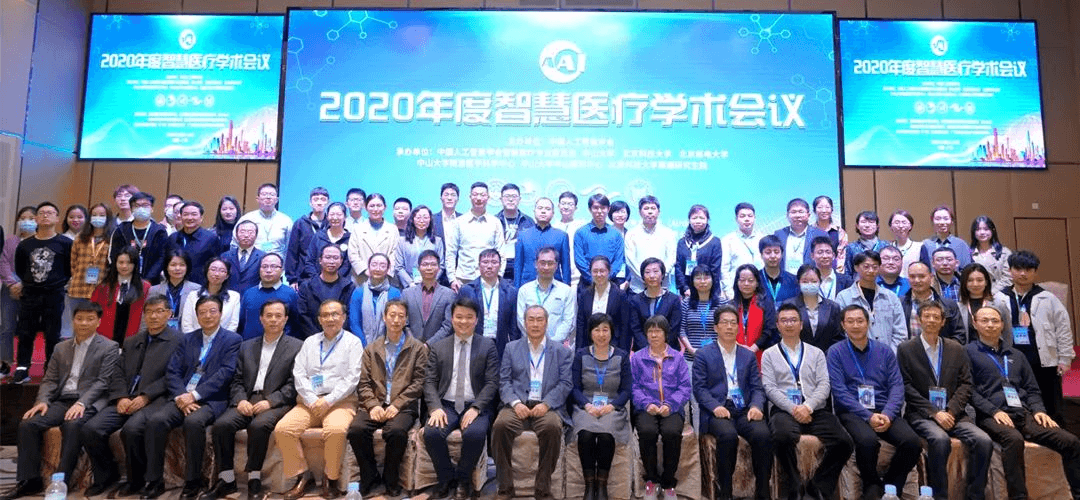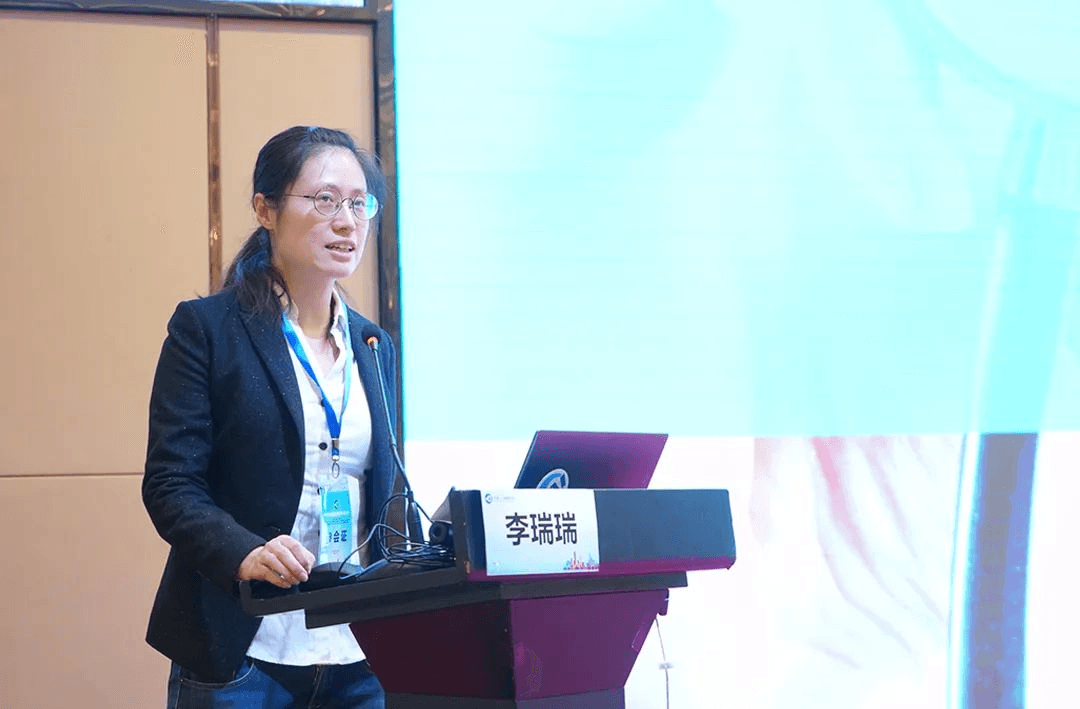From December 11 to 12, 2020, the "2020 Annual Smart Healthcare Academic Conference" and the preparatory meeting of the Artificial Intelligence Branch of the Guangdong Medical Association, organized by the Chinese Association for Artificial Intelligence and co-hosted by Sun Yat-sen University, Beijing University of Science and Technology, Beijing University of Posts and Telecommunications, and the Zhongshan Ophthalmic Center of Sun Yat-sen University, was held in Guangzhou. Nearly 200 authoritative figures in smart healthcare, including experts, scholars from hospitals and universities, and representatives from well-known enterprises, gathered to discuss basic research, cutting-edge technologies, and key technology development in smart healthcare, aiming to accelerate the application of artificial intelligence technology in the field of smart healthcare in China. Futong Dongfang, as an artificial intelligence technology enterprise, was invited to attend the conference. During the meeting, the Smart Healthcare Committee of the Chinese Association for Artificial Intelligence held a re-election, and Dr. Li Ruirui from Futong Dongfang Genesis AI was elected as an executive member of the Smart Healthcare Committee. She was also invited to give a speech titled "Knowledge Reasoning and Intelligent Optimization in Proactive Health Management."

Knowledge Reasoning and Intelligent Optimization in Proactive Health Management
In recent years, emerging technologies such as artificial intelligence and big data have increasingly been applied in the healthcare field, promoting changes in healthcare service models and health management concepts, and significantly improving medical productivity. In her speech, Dr. Li Ruirui focused on proactive health management, the construction of medical knowledge graphs, the application of knowledge reasoning, and intelligent optimization decision-making.
01 Proactive Health Management
Currently, chronic diseases represented by diabetes, cardiovascular diseases, and cancer in China are showing a trend of affecting younger populations. The uneven distribution of medical resources, along with outdated screening and intervention methods, has led to a lack of awareness and late intervention for certain chronic diseases, greatly impacting patient prognosis and quality of life. With the shift in consumer concepts and improvements in living standards, there is an increasing demand for health management among the public. Proactive health management has become an important measure for preventing diseases and reducing medical expenses. Dr. Li Ruirui stated that proactive health management is a crucial approach to achieving sustained health quality and good social adaptability. Its characteristics include proactive discovery, scientific assessment, active adjustment, and promoting health. Health management encompasses the entire process from being healthy to sub-health, from examinations to the discovery of diseases, treatment, and rehabilitation. The goal is to provide timely interventions to prevent diseases. However, due to the multiple stages involved, the wide dimensions, and high information load, it is necessary to establish knowledge graphs for managing knowledge and information.

Based on the public's health management needs, Futong Dongfang has developed an intelligent proactive health management application called “5+AI Health” in accordance with the health management system. This application features knowledge with causal reasoning capabilities, the ability to automatically update knowledge, and personalized decision-making recommendations.
02 Construction of Medical Knowledge Graph and Knowledge Reasoning Applications
The medical knowledge graph describes concepts and relationships in the objective world in a structured format, representing a large-scale semantic network. Its construction involves four stages: data acquisition, information extraction, knowledge fusion, and knowledge processing. During the information extraction and knowledge fusion stages, various deep learning techniques are employed, such as attribute extraction, entity extraction, relationship extraction, co-reference resolution, and entity disambiguation. In practice, due to the complex relationships within the medical knowledge graph, knowledge reasoning can be utilized to eliminate noise and complete the graph. Dr. Li Ruirui pointed out that there are currently two mainstream reasoning methods in knowledge reasoning: one based on graph structures and statistical rules, and the other based on knowledge graph embeddings. These two methods are complementary, allowing for joint reasoning of rules and paths, mining rules from the knowledge graph, and embedding representations of entities, relationships, and rules.
03 Multi-Objective Resource Solving Algorithm Platform
In the intelligent proactive health management application “5+AI Health,”Futong Dongfang has built a health diet recommendation optimization model using its multi-objective resource solving algorithm platform to assist the public in smart health management. The multi-objective resource solving algorithm platform is an enterprise-level resource planning and scheduling platform developed by the Futong Hengxian Artificial Intelligence Laboratory. Originating from multi-objective optimization theory, it primarily addresses resource allocation and planning scheduling issues. This platform combines multi-objective optimization theory, AI algorithms, and knowledge reasoning techniques to construct multi-objective decision optimization models tailored to various business scenarios, enabling the generation of precise and feasible optimization solutions within a specified time frame to address multi-objective optimization decision-making problems under multiple constraints.







